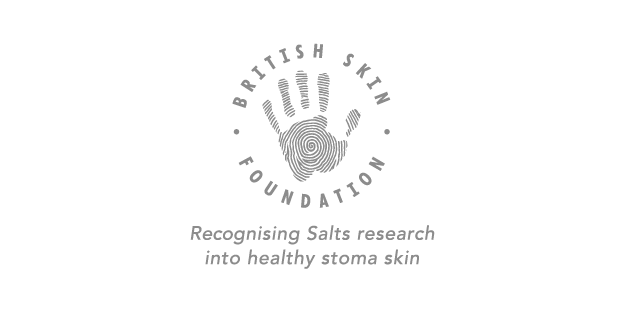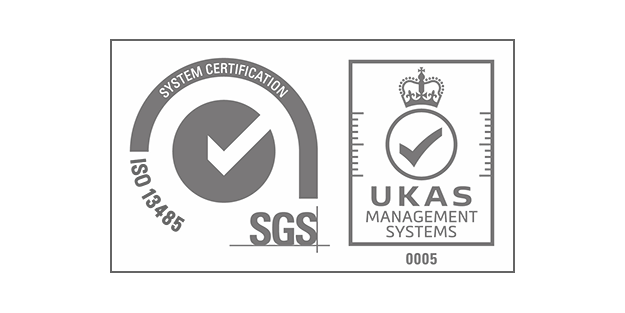What is parastomal hernia?
A hernia develops when there is a weakness in the muscle wall. A parastomal hernia can occur around the stoma and is where part of your bowel pushes through the abdominal muscle to create a swelling under the skin of the stoma, which can cause discomfort or pain.
A hernia can develop at any time during and after your stoma surgery. Parastomal hernias can also develop over time, if the muscle stretches or becomes weaker.
A parastomal hernia is more common depending on the following risk factors:
- Age
- Weight
- Strenuous or heavy lifting
- Smoking
- Multiple abdominal and/or emergency surgery
How big is a parastomal hernia?
A parastomal hernia can vary in size from as small as a golf ball to as large as a football.
How to prevent a stoma hernia
It is important that you partake in some form of regular exercise, this could be simply a gentle daily walk.
Gentle exercise is important to try and prevent the development of a parastomal hernia. It is necessary to try and strengthen your core muscles, your Stoma Care Nurse is able to advise you on specific exercises.
Try to support your abdomen/stoma area by holding firmly when coughing sneezing, this will offer additional support to the muscles around this area.
It is recommended that you wear a light support garment as prevention. However, if you are taking part in strenuous activity, it is necessary to be measured for a more supportive garment. Your Stoma Care Nurse can arrange this for you.
In some people, the parastomal hernia will not cause any discomfort, but others may experience a dragging sensation, discomfort or pain. This will often depend on the size of the hernia and can be eased by wearing a measured support garment.
Living with a parastomal hernia can be difficult, but there are numerous abdominal support garments that are helpful in concealing and supporting the hernia.
Can my parastomal hernia be repaired?
It is possible to have surgery to repair the hernia depending on the symptoms and effect on quality of life, but this will be assessed on an individual basis by your Surgeon. Unfortunately, there may still be a risk of another hernia developing following the repair.
Please note: If you continue to have issues with your stoma hernia, you should contact your Stoma Care Nurse for further advice and support.

Register with the Medilink® Home Delivery Service
Get your stoma bags and additional products delivered directly to your home with Medilink®, our stoma prescription dispensing and home delivery service.
Sign up to our monthly e-Newsletter!
Subscribe NOW to our newsletter and be kept up-to-date with all things Salts Healthcare.









